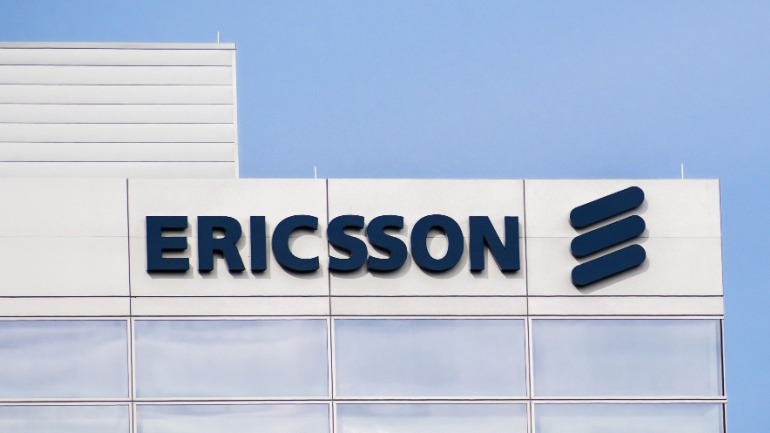Exabeam and Vectra AI have partnered to strengthen threat detection and streamline security operations. By combining advanced network analytics with automated response tools, the integration offers faster insights, centralized visibility, and reduced manual effort.
Mobile operators face a growing financial strain as spectrum costs soar while earnings per gigabyte plummet. The GSMA warns this imbalance threatens mobile network investment, potentially degrading service quality. With nearly 1,000 licenses up for renewal by 2030, the report urges governments to adopt fairer pricing.
SK Telecom’s AI ventures are growing steadily, with notable gains in data center and enterprise services. However, a major data breach has shaken its core mobile business, threatening customer trust and retention. With AI contributing only a small share of revenue, SKT must act fast to recover stability and reassure users.
A federal budget amendment extends spectrum auction authority to 2034, aiming to raise revenue by identifying 600 megahertz for auction. While excluding key bands like 3 GHz and 6 GHz, the plan sparks debate over spectrum use, with industry leaders divided on reallocating the CBRS band.
MediaTek reported strong Q1 2025 revenue growth driven by 5G, Wi-Fi 7, and AI sectors, despite a dip in gross margin. Increased R&D spending and collaboration with NVIDIA highlight its AI focus. With smartphone demand uneven and tariffs looming, the company remains cautiously optimistic about sustained growth.
Four men were convicted in Glasgow for a £6 million telecom fraud involving NHS contracts. Executives from Oricom colluded with officials who leaked confidential information in exchange for cash and gifts. The case revealed major procurement flaws and stressed the need for greater transparency and accountability in public sector contracting.
Josh Etheridge, co-owner of a Louisiana broadband firm, warns that delays in the BEAD program are crippling rural infrastructure progress. His company, ready since January, has laid off workers and halted projects. Etheridge urges federal action, saying communities and jobs hang in the balance while bureaucratic slowdowns stall critical broadband deployment.
GigaIO has unveiled the Gryf system, a compact AI supercomputer ideal for edge deployments across sectors like defense and healthcare. This groundbreaking portable powerhouse enhances real-time data processing, making it indispensable for critical operations.
Ericsson reported a 61 percent surge in net income for Q1 2025, driven by strong North American network sales and enterprise wireless growth. Despite the financial boost, CEO Börje Ekholm faces shareholder tension over past acquisitions.
Nvidia’s initiative to establish AI infrastructure in the US signals a pivotal shift in cutting-edge technology manufacturing, partnering with TSMC, Foxconn, and Wistron. By building AI chips and supercomputers, Nvidia positions itself at the forefront of the AI economy, promoting localized production.













